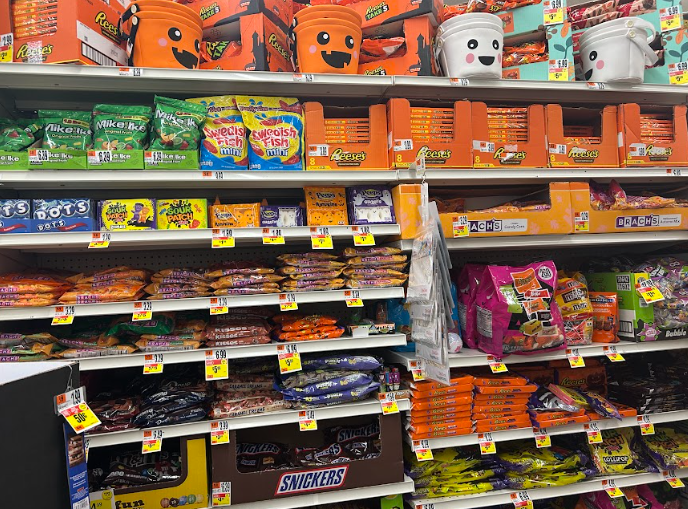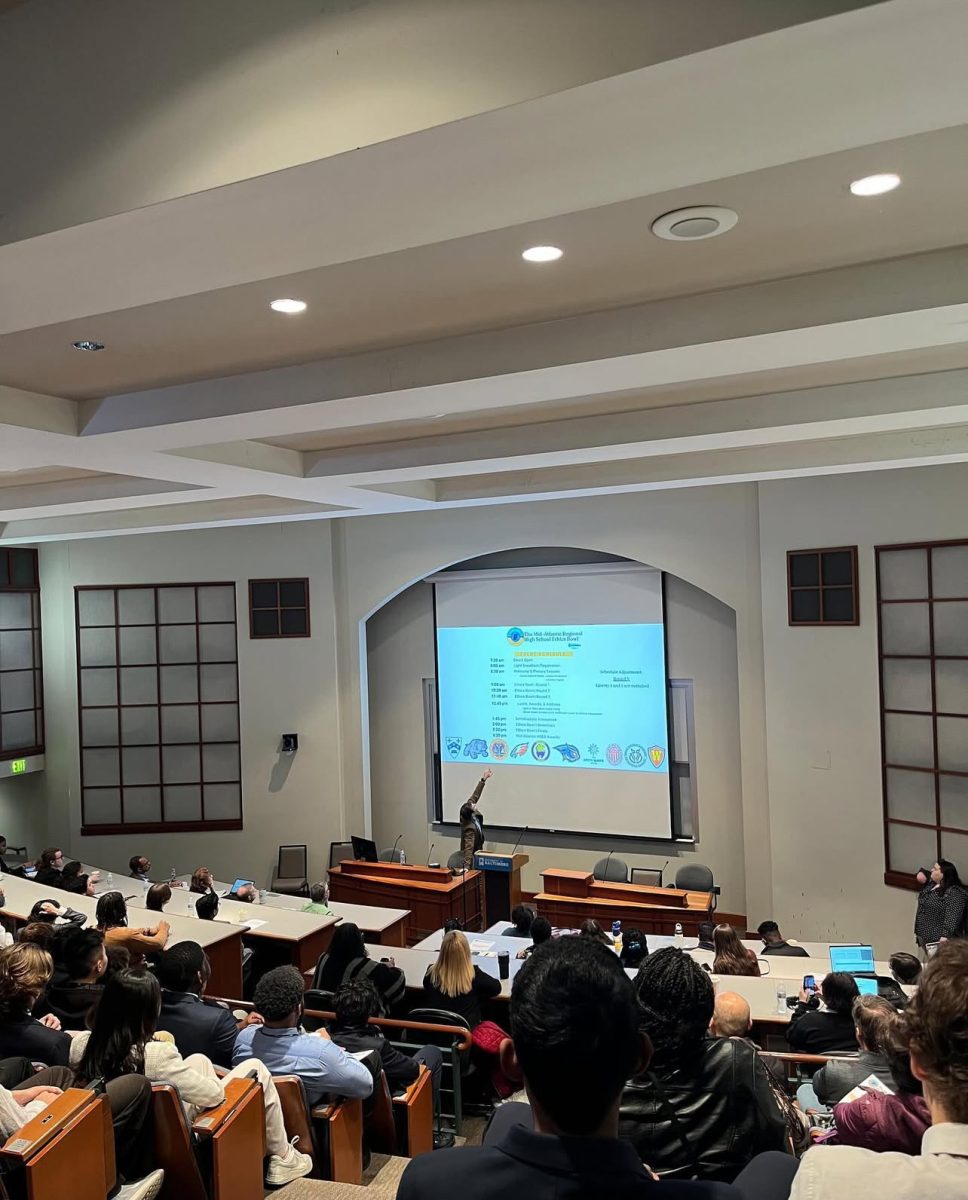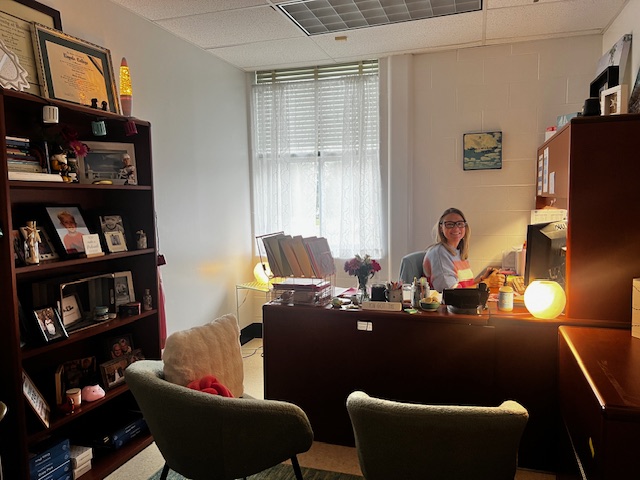It can happen in an instant. You’re videochatting with your boyfriend or texting that girl you’ve liked for three years, and you could never imagine he or she would send that picture to anyone. But before you know it, there’s a picture of you floating around the entire school.
Sexting has become an increasingly large problem in the past few years, ranging from the 2010 scandal at Pyle Middle School to even a few minor cases at CHS, according to some students.
According to assistant principal John Taylor, it is hard to keep statistics on the number of students involved in sexting since most cases occur outside of school.
“It’s not technically a school infraction, though we end up dealing with consequences in school,” Taylor said.
Not only are the effects of sexting harmful to one’s reputation, but with the police cracking down on the enforcement of child pornography laws, the penalties can be severe.
According to federal law, the United States defines child pornography as “the visual depiction of minor children under the age of 18 engaging in sexually explicit conduct.” Even a nude picture of a girlfriend or boyfriend can be considered child pornography.
It only takes a few clicks of a button to rack up numerous counts of child pornography production, possession and distribution.
“If you have the photo on your phone or your computer, then you’ve possessed child pornography,” said Kim Foster, former Family Crimes division police investigator. “If you send that photo in an e-mail or text to someone, then you’ve distributed child pornography.”
The consequences can be harsh both at home and in school. According to the MCPS Student Rights and Responsibilities handbook, the Superintendent can determine whether to prohibit students arrested for sexual offenses from attending the same school or riding the same bus as the victim.
Not only can the county get involved, but the circulation of rumors can seriously affect one’s reputation at school.
“It’s awkward when you see students’ names on your roster after hearing stories about them,” said one staff member, who asked to be kept anonymous.
According to Foster, child pornography can also be charged on the federal level, meaning there is much less flexibility with punishment. Some believe that these laws should not be applied to sexting.
“I don’t feel as though the current law has kept in step with current technology,” Foster said. “The law was developed to address pedophiles, not developed to address teenagers that are more or less experimenting with each other.”
Despite the controversial usage of the laws, it is very easy to be charged for possession. Police don’t need your consent to look through your phone. If a person receives a “sext,” even without their knowledge, they can still be charged with possession of child pornography.
“Even if you delete a photograph on e-mail or text, the computer forensics for the police department can still locate anything that was deleted,” Foster said.
Telling a trusted adult after receiving a sext who can contact a private attorney for advice may seem extreme, but with the severity of the child pornography laws, one can never be too cautious.
“It’s really complicated with the whole sexting thing,” Foster said. “These days it is just so easy with the technology we have, and it’s becoming a major issue.”







